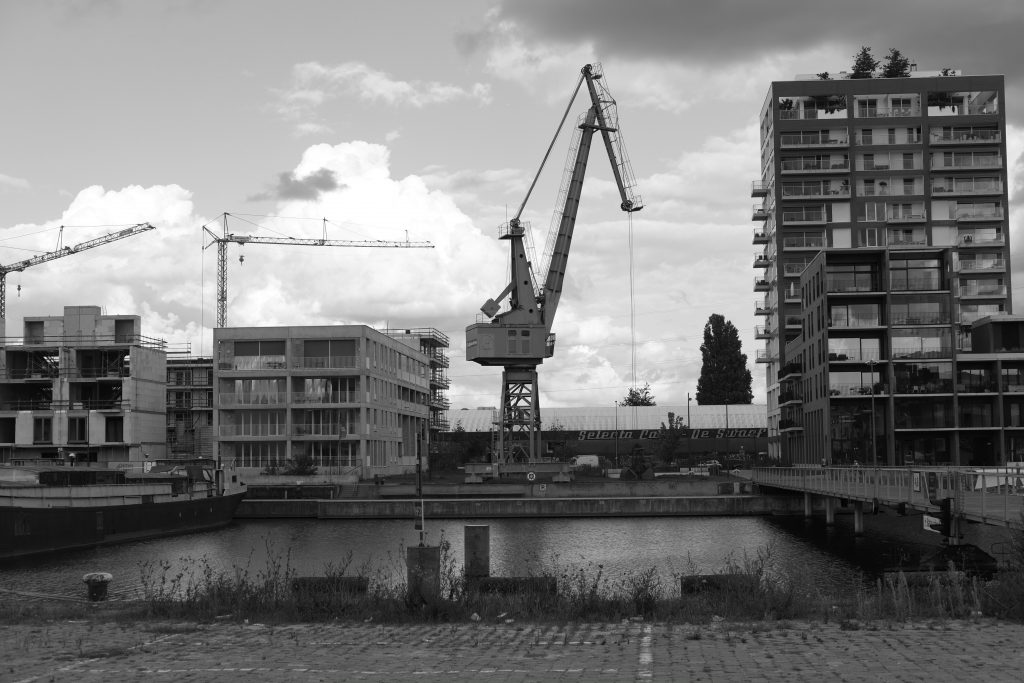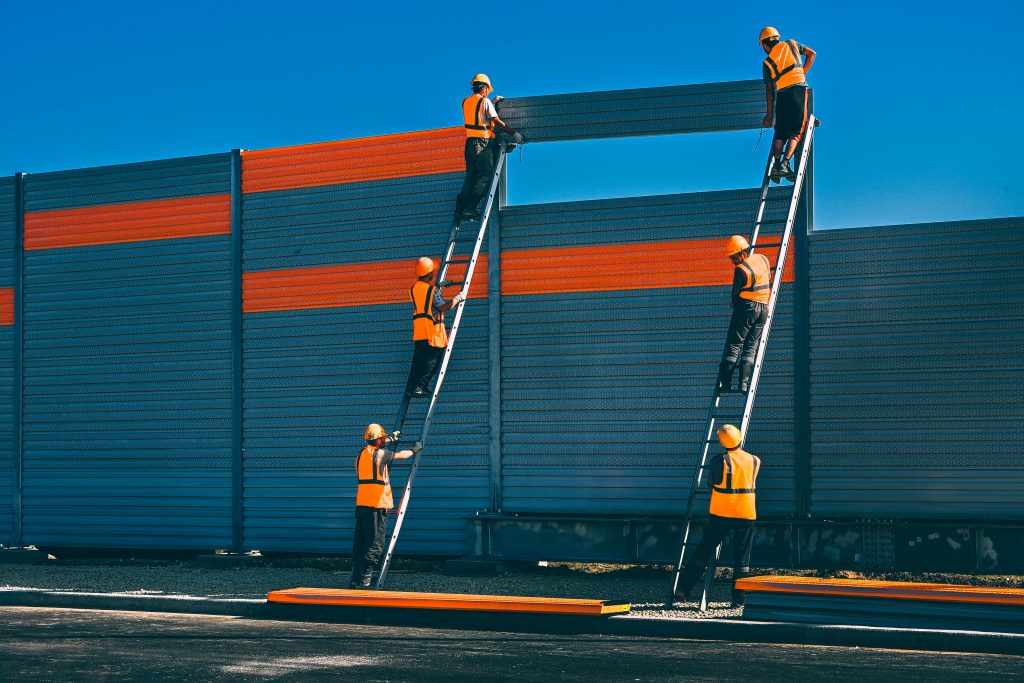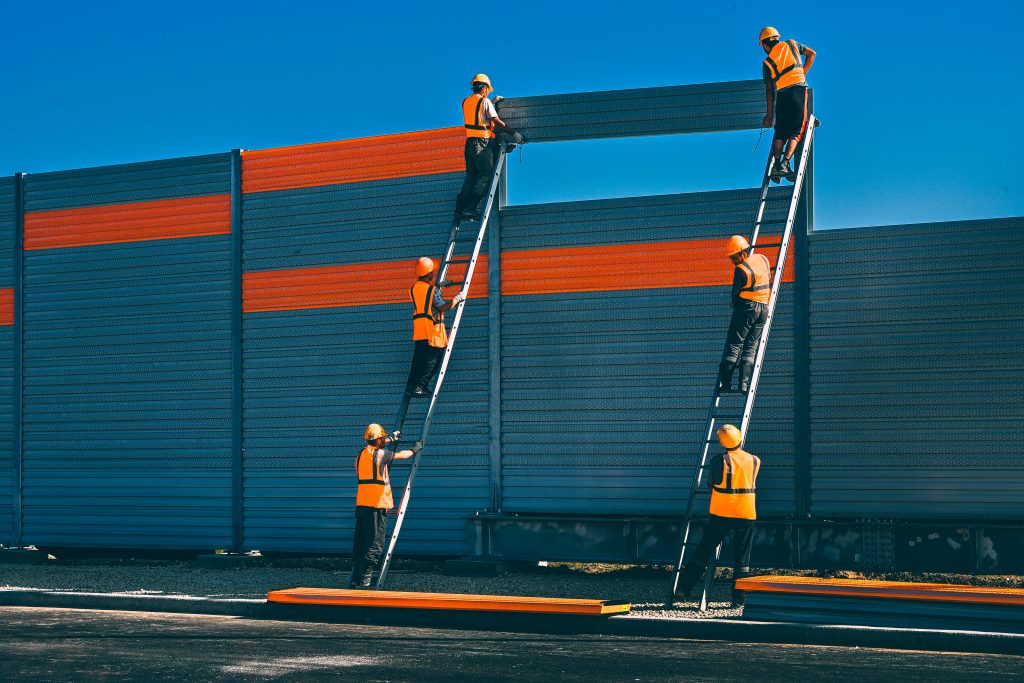Are you involved in the world of construction and looking for legal guidance? Look no further than International Construction Law. Our articles are designed to address common legal concerns and provide you with the reassurance and guidance you need. With each article, we strive to create an emotional connection and offer valuable information that will be of interest to you. So whether you’re a contractor, developer, or architect, our goal is to help you navigate the complexities of construction law. For more information, don’t hesitate to give us a call and speak with one of our experienced attorneys. Take the next step and seek assistance promptly by reaching out to us today.
Overview of International Construction Law
Definition of international construction law
International construction law refers to the body of legal principles and regulations that govern construction projects with an international dimension. It encompasses the legal framework relating to the planning, design, construction, and operation of infrastructure projects across different jurisdictions.
Importance and relevance of international construction law
International construction law plays a crucial role in ensuring the smooth operation and successful completion of construction projects on a global scale. It provides a framework for addressing the complex legal issues that arise when multiple parties from different countries are involved in a construction project. By establishing clear rules and standards, international construction law helps to promote fairness, certainty, and accountability in these projects.
International construction law is particularly relevant in today’s interconnected world, where infrastructure development often involves collaboration between various international parties. It helps to protect the rights and interests of all stakeholders, including project owners, contractors, subcontractors, suppliers, and investors. It also ensures compliance with relevant laws and regulations, promotes environmental sustainability, and facilitates dispute resolution in case of conflicts.
Key principles and concepts in international construction law
Several key principles and concepts underpin international construction law. These include:
-
Sovereign Immunity: This principle recognizes that states and their agencies enjoy immunity from legal proceedings in foreign jurisdictions, subject to certain exceptions.
-
Freedom of Contract: Parties to international construction contracts have the freedom to negotiate and agree upon the terms and conditions that govern their relationship, subject to mandatory provisions of the law.
-
Lex Mercatoria: Also known as the “Law Merchant,” Lex Mercatoria refers to the body of international commercial customs and practices that have developed over centuries and are recognized as a source of law in international construction disputes.
-
Force Majeure: Force majeure clauses in construction contracts enable parties to suspend or terminate the contract in the event of unforeseeable and uncontrollable circumstances that prevent the performance of contractual obligations.
-
Good Faith and Fair Dealing: Parties are expected to act in good faith and deal fairly with each other throughout the course of a construction project, to promote trust, cooperation, and the overall success of the project.
Sources of International Construction Law
International treaties and conventions
International construction law is influenced by various treaties and conventions that are designed to regulate the cross-border aspects of construction projects. Examples include the United Nations Convention on International Sale of Goods (CISG) and the International Convention on the Settlement of Investment Disputes (ICSID). These instruments provide harmonized rules and dispute resolution mechanisms for international construction transactions.
National legislation and regulations
Each country has its own set of laws and regulations governing construction projects within its jurisdiction. These laws can cover a wide range of issues such as building codes, safety regulations, employment laws, and environmental protection. In international construction, national legislation of the countries involved may apply, and parties need to ensure compliance with these laws.
Standard form contracts
Standard form contracts, such as those issued by international construction organizations like FIDIC (International Federation of Consulting Engineers), are widely used in international construction projects. These contracts provide a template for parties to establish their rights and obligations in a standardized manner, creating certainty and reducing the risk of disputes.
Case law and precedents
Case law and precedents from judicial decisions play an important role in shaping international construction law. Courts and arbitration tribunals often interpret and apply legal principles to specific construction disputes, establishing precedents that can guide future cases. These precedents contribute to the development and evolution of international construction law.

Jurisdiction and Choice of Law
Determining jurisdiction in international construction disputes
Determining jurisdiction in international construction disputes can be complex, as it involves considering factors such as the location of the project, the nationality of the parties, and any choice of jurisdiction clauses in the contract. The principles of forum non conveniens and comity are often applied to ensure a fair and convenient forum for the resolution of disputes.
Factors influencing choice of law in international construction contracts
When entering into an international construction contract, parties must consider which country’s laws will govern the agreement. Factors influencing the choice of law include the parties’ commercial preferences, the location of the project, the project funding sources, and any applicable international treaties or conventions. Parties may choose a specific jurisdiction or opt for a neutral governing law to balance their respective interests.
Contract Formation and Negotiation
Key considerations in drafting international construction contracts
Drafting international construction contracts requires careful consideration of various factors. Key considerations include defining the scope of work, outlining payment terms, setting clear performance milestones, allocating risk and liability, addressing intellectual property rights, and providing for dispute resolution mechanisms. It is important to consult with legal professionals experienced in international construction law to ensure the contract adequately addresses the unique challenges of cross-border projects.
Negotiation strategies and best practices
Successful negotiation of international construction contracts requires effective communication and understanding of the parties’ interests and concerns. It is essential to build trust, maintain open lines of communication, and engage in a collaborative problem-solving approach. Parties should also seek legal advice and engage in due diligence to ensure a clear understanding of the legal, technical, and commercial aspects of the project.
Key Legal Issues in International Construction
Contractual disputes and breach of contract
Contractual disputes and breaches of contract are common legal issues in international construction projects. These disputes can arise due to disagreements over contract interpretation, non-payment or delayed payment, failure to perform obligations, defective work, or changes in scope. Resolving these disputes requires a thorough understanding of the contract terms, applicable laws, and dispute resolution mechanisms.
Payment and performance security
Payment and performance security are crucial aspects of international construction projects. Parties often employ mechanisms such as advance payment guarantees, performance bonds, and letters of credit to ensure that payments are made and that contractual obligations are fulfilled. These mechanisms can help mitigate the risk of non-payment or non-performance by providing financial security.
Dispute resolution mechanisms
Effective dispute resolution mechanisms are essential to resolve conflicts in international construction projects. Parties may opt for negotiation, mediation, arbitration, or litigation, depending on their preferences and the contractual provisions. Alternative dispute resolution methods are often preferred as they provide faster, more cost-effective, and confidential solutions compared to traditional litigation.
Employment and labor issues
International construction projects involve a diverse workforce, which can raise various employment and labor law issues. Parties must navigate through differing labor laws, immigration requirements, and employment contracts to ensure compliance and protect workers’ rights. It is crucial to establish clear employment policies and implement fair labor practices to promote a harmonious and productive working environment.
Environmental regulations and compliance
International construction projects are subject to environmental regulations and compliance requirements. Parties must consider and comply with local, national, and international environmental laws and standards to ensure sustainability and minimize the project’s impact on the environment. Proactive environmental management, risk assessment, and compliance monitoring are essential to avoid potential legal liabilities and reputational damage.
Intellectual property rights
Intellectual property rights are important considerations in international construction projects, particularly when it comes to the design, technology, and innovation involved. Parties must protect their intellectual property through patents, trademarks, copyrights, and confidentiality agreements. Comprehensive contracts should address ownership, licensing, and rights to use intellectual property, preventing disputes and ensuring that parties’ interests are safeguarded.
Managing Risks in International Construction Projects
Identifying and assessing potential risks
Managing risks is crucial to the success of international construction projects. Parties should conduct thorough risk assessments, identifying potential risks such as political instability, regulatory changes, currency fluctuations, supply chain disruptions, and force majeure events. By assessing these risks early on, parties can develop effective risk management strategies and allocate responsibilities accordingly.
Risk allocation and mitigation strategies
International construction contracts often include provisions for risk allocation between the parties. These provisions allocate responsibilities for different risks, such as design changes, delays, unforeseen site conditions, and environmental risks. Risk mitigation strategies can include insurance coverage, contingency plans, performance guarantees, and the establishment of dispute resolution mechanisms to manage potential conflicts and minimize the impact of risks.
Insurance and bonding
Insurance and bonding play a critical role in managing risks in international construction projects. Parties may consider obtaining various types of insurance coverage, such as construction all-risk insurance, professional indemnity insurance, and liability insurance. Performance bonds and guarantees are also commonly used to provide financial security and reassurance to project owners, ensuring that contractors fulfill their contractual obligations.

Dispute Resolution in International Construction
Negotiation and mediation
Negotiation and mediation are often the first steps in resolving international construction disputes. Parties can engage in direct negotiations or enlist the assistance of a mediator to facilitate discussions and help find mutually acceptable solutions. These methods allow parties to maintain control over the outcome, preserve relationships, and avoid the time and costs associated with formal dispute resolution procedures.
Arbitration
Arbitration is a popular choice for resolving international construction disputes due to its flexibility, neutrality, and enforceability. Parties agree to submit their dispute to one or more arbitrators who issue a binding decision. International arbitration institutions, such as the International Chamber of Commerce (ICC) and the London Court of International Arbitration (LCIA), provide rules and procedures specifically tailored to construction disputes.
Litigation
Litigation, involving resolution in a national court, is another option for dispute resolution in international construction. However, it is often considered a last resort due to its potentially lengthy timelines, high costs, and unpredictability. Parties may resort to litigation when contractual provisions require it or in cases involving complex legal issues that require judicial determination.
Ethics and Professional Conduct in International Construction
Ethical considerations for international construction professionals
Ethics play a vital role in international construction projects to promote transparency, integrity, and fairness. Construction professionals should adhere to ethical standards and principles, such as honesty, accountability, and respect for human rights. They should avoid conflicts of interest, maintain confidentiality, and act in the best interests of all stakeholders, including the public and the environment.
Professional standards and codes of conduct
Many international construction organizations and professional associations have developed codes of conduct and professional standards to guide construction professionals in their ethical behavior. These codes typically address issues such as integrity, competence, transparency, and professionalism. Adhering to these standards helps build public trust, maintain the reputation of the profession, and ensure compliance with legal and regulatory obligations.

Enforcement of International Construction Judgments
Recognition and enforcement of foreign judgments
Enforcing international construction judgments across borders can be challenging due to differences in legal systems and varying recognition and enforcement procedures. Countries may have bilateral or multilateral agreements, such as the New York Convention on the Recognition and Enforcement of Foreign Arbitral Awards, which facilitate the recognition and enforcement of arbitration awards. Parties should seek legal advice and understand the applicable procedures to enforce judgments obtained in foreign jurisdictions.
Challenges and limitations in enforcing international construction judgments
Enforcing international construction judgments can face various challenges and limitations. These include sovereign immunity issues, practical difficulties in locating and seizing assets, complex cross-border enforcement procedures, and potential resistance from the losing party. Parties should consider these challenges during dispute resolution and include provisions in contracts to address potential enforcement issues.
Case Studies in International Construction Law
Examining notable international construction disputes
Case studies provide valuable insights into the application of international construction law in real-world scenarios. By examining notable international construction disputes, such as the Panama Canal expansion project or the Burj Khalifa construction, we can learn from the challenges faced, the legal issues that arose, and the resolution mechanisms used. These case studies help identify best practices and improve risk management strategies in future projects.
Lessons learned and best practices
From case studies and real-world experiences, several lessons can be learned and best practices identified. These include the importance of clear contractual provisions, effective project management, early identification and management of disputes, proper risk assessment and mitigation, and utilization of appropriate dispute resolution mechanisms. By incorporating these lessons and best practices, parties can enhance the likelihood of successful outcomes in international construction projects.
In conclusion, international construction law provides the necessary legal framework to navigate the complexities of cross-border construction projects. It addresses essential aspects such as contract formation, jurisdiction, risk management, dispute resolution, ethics, and compliance. By understanding and applying the principles, concepts, and strategies outlined in this article, construction professionals can effectively manage legal risks and ensure the successful delivery of international construction projects.


























